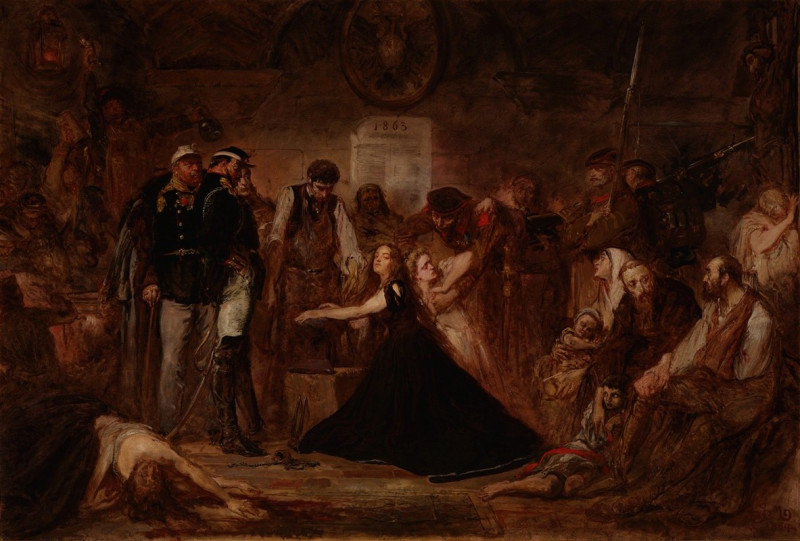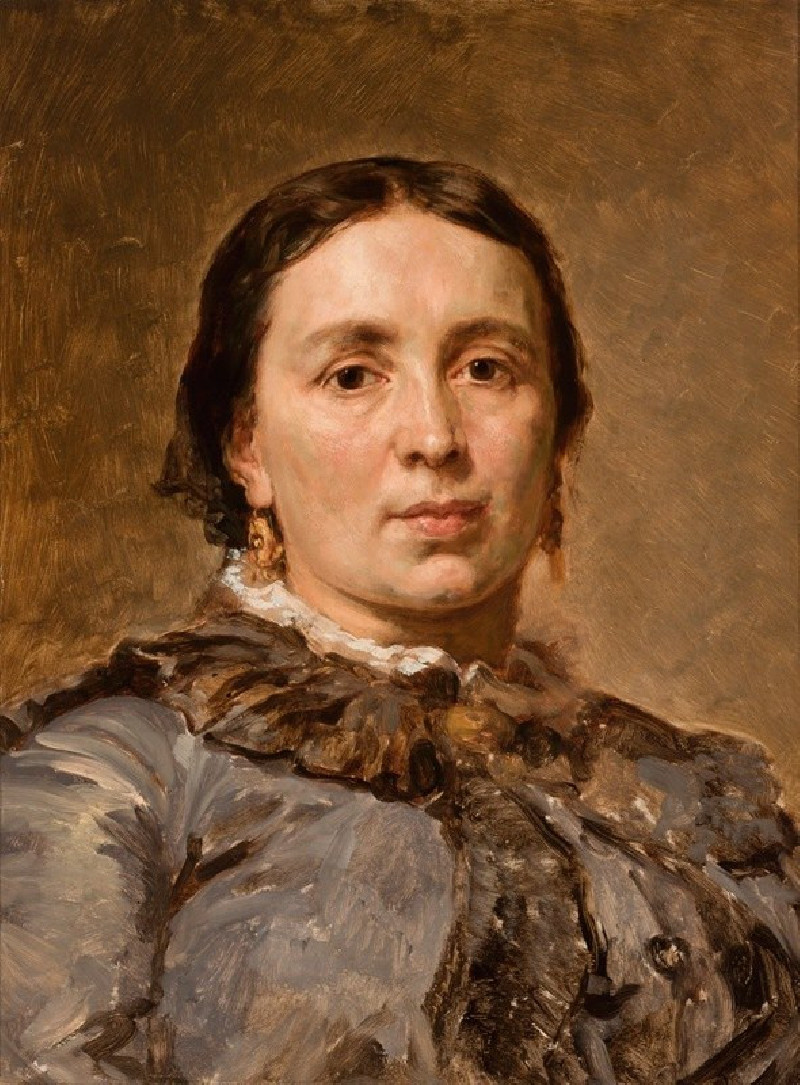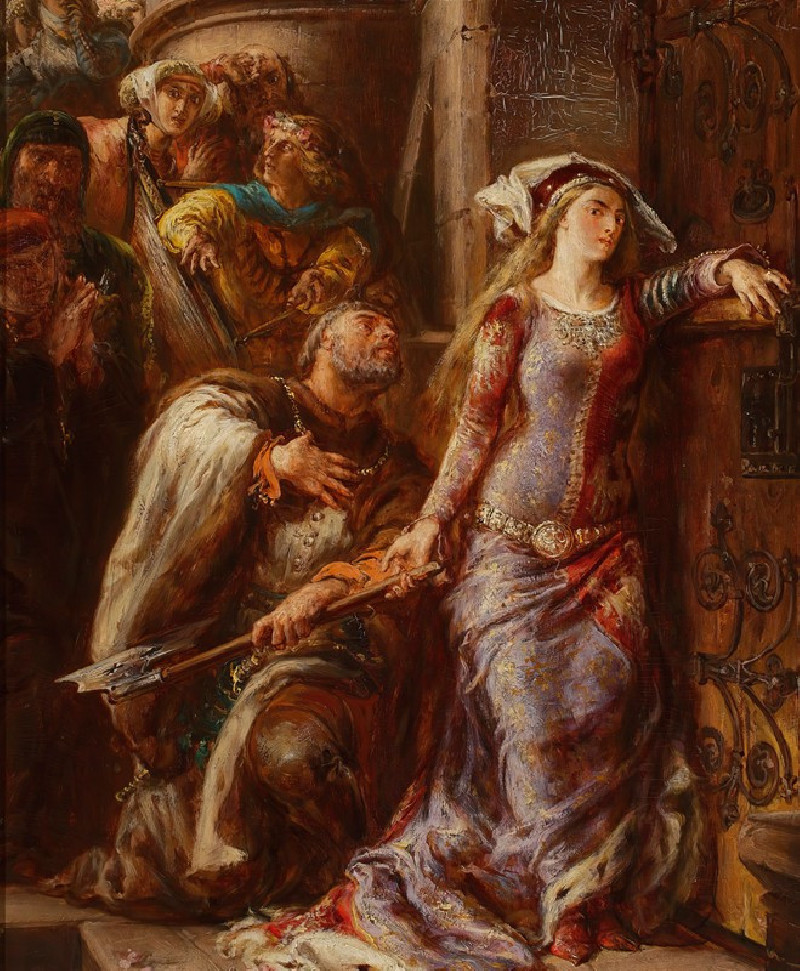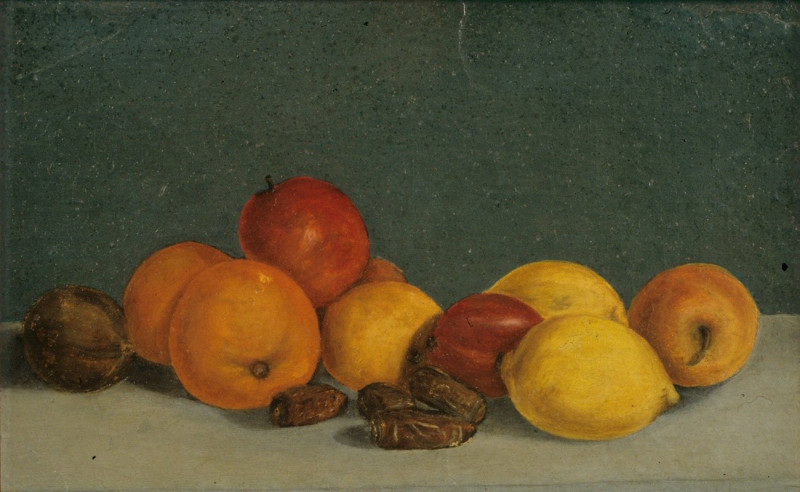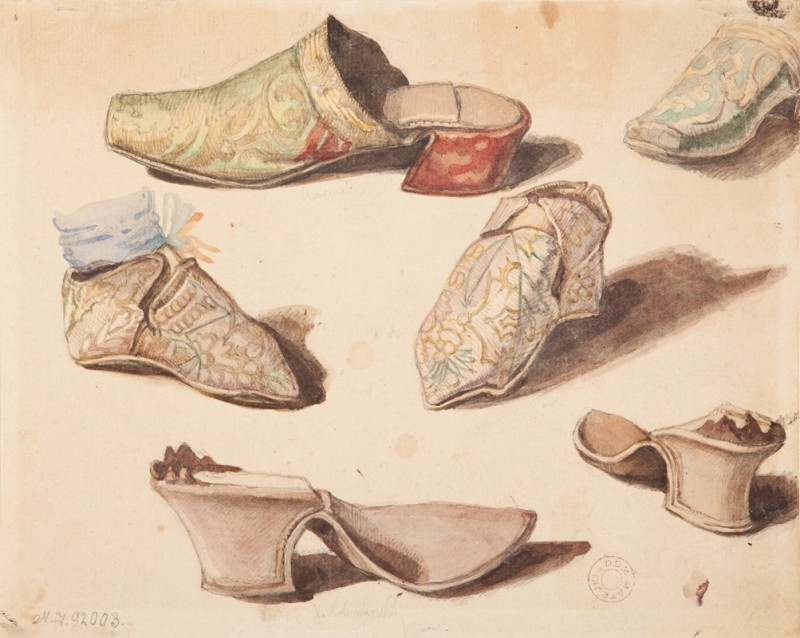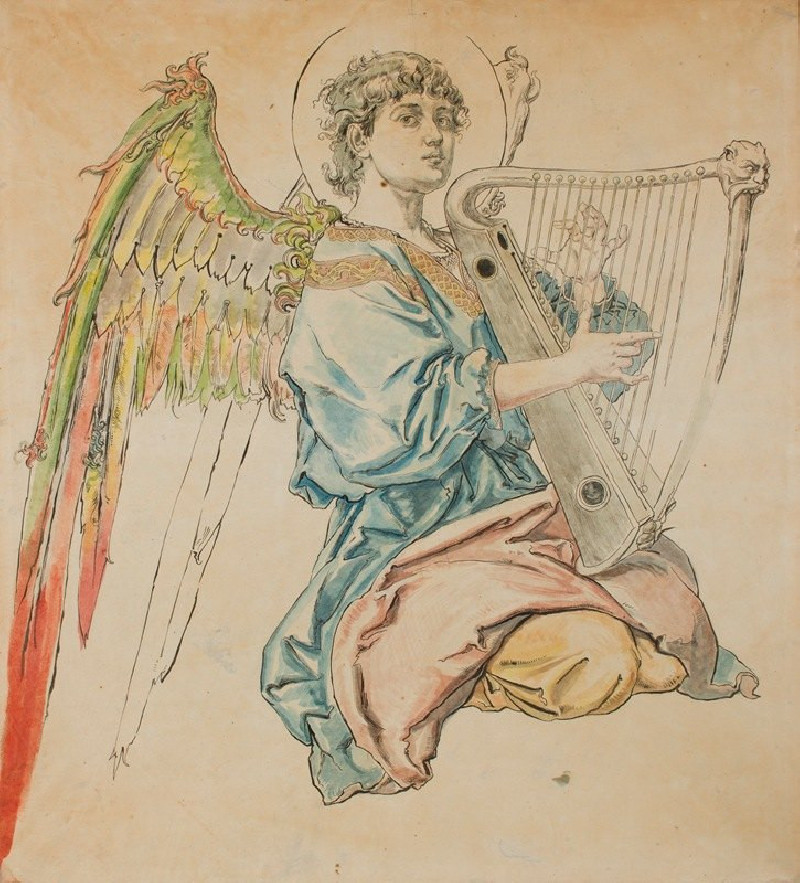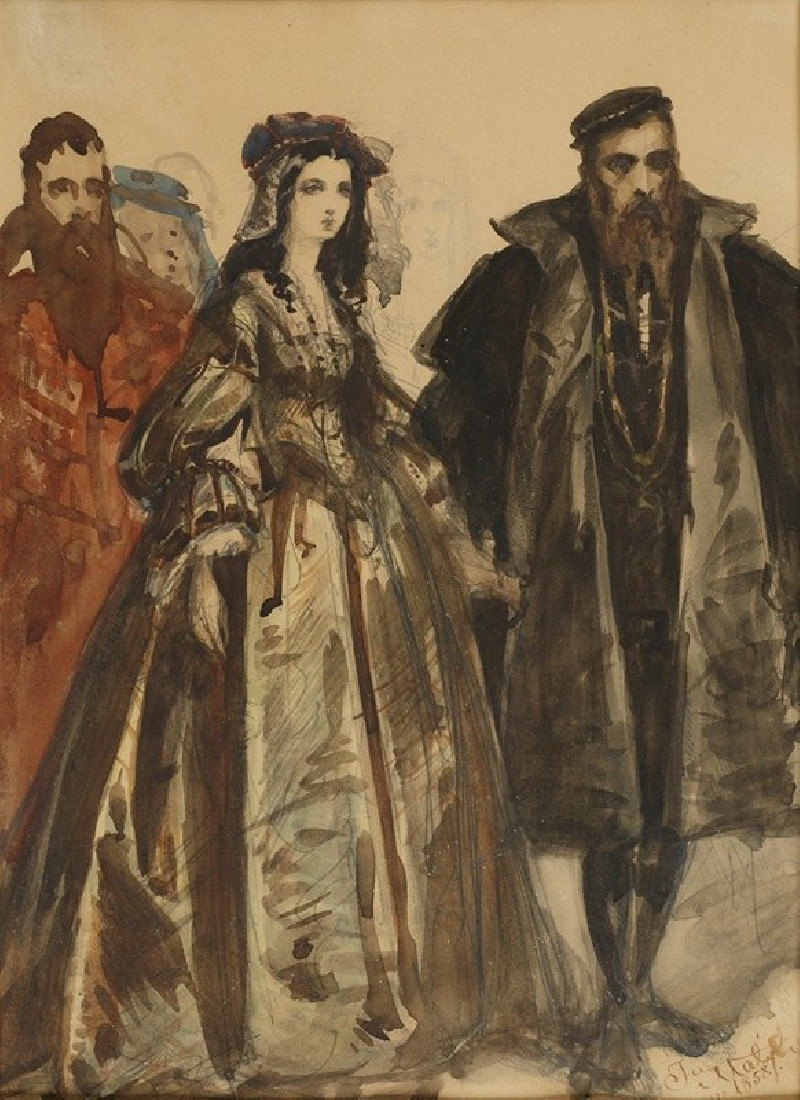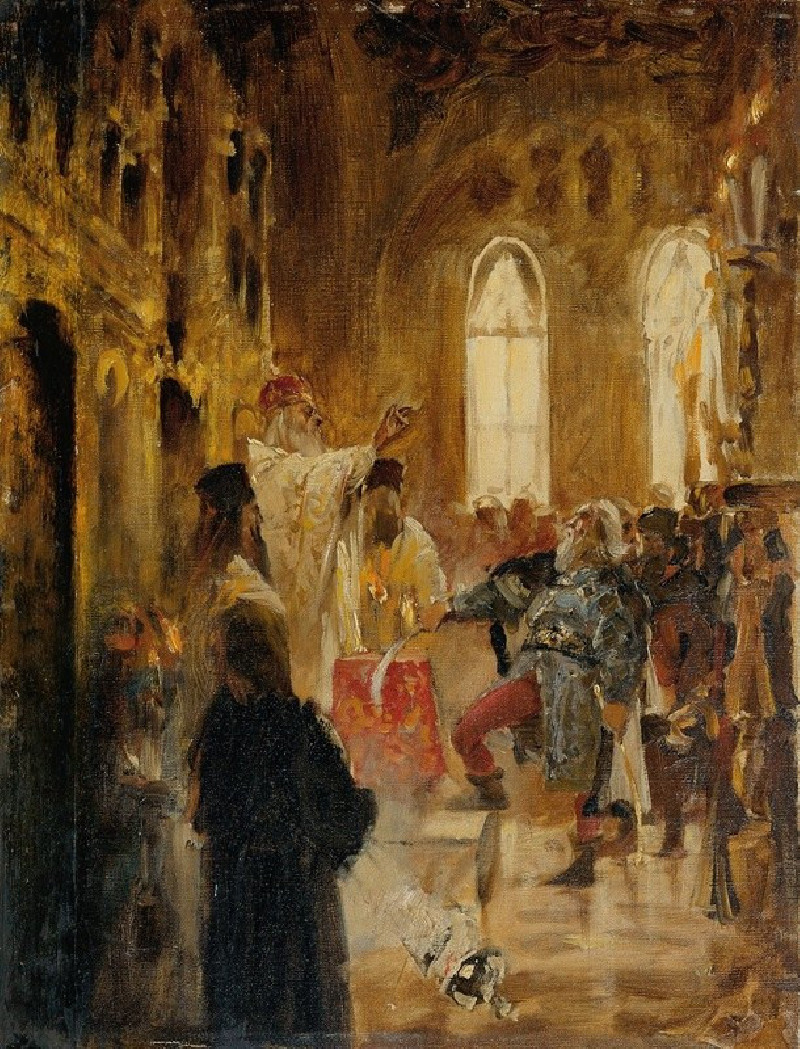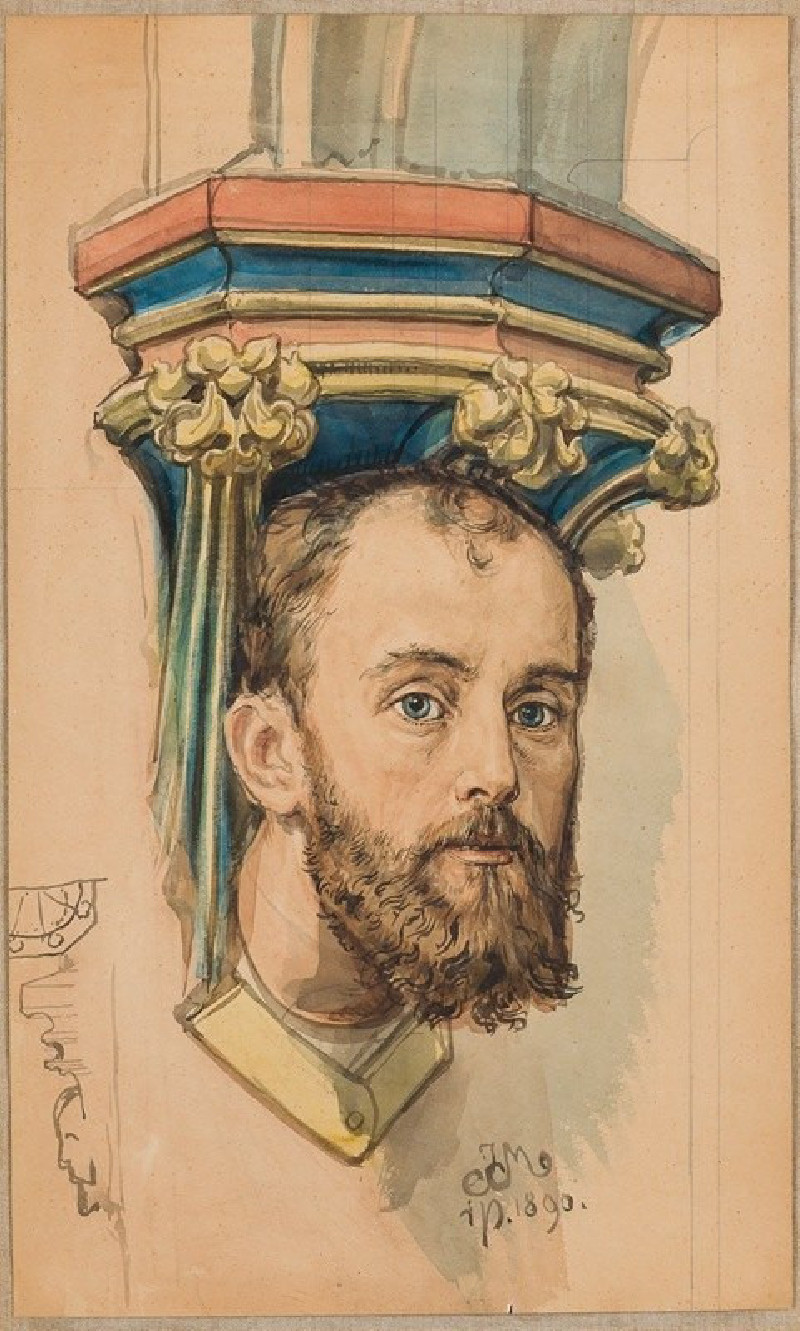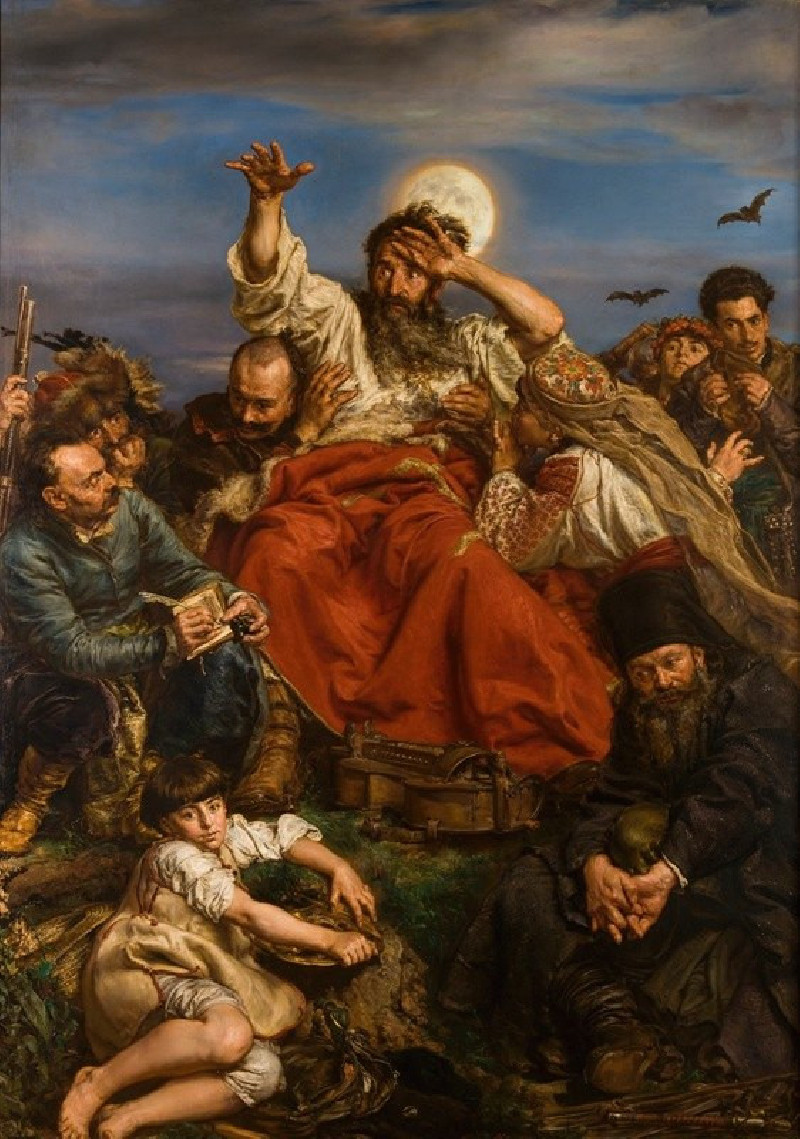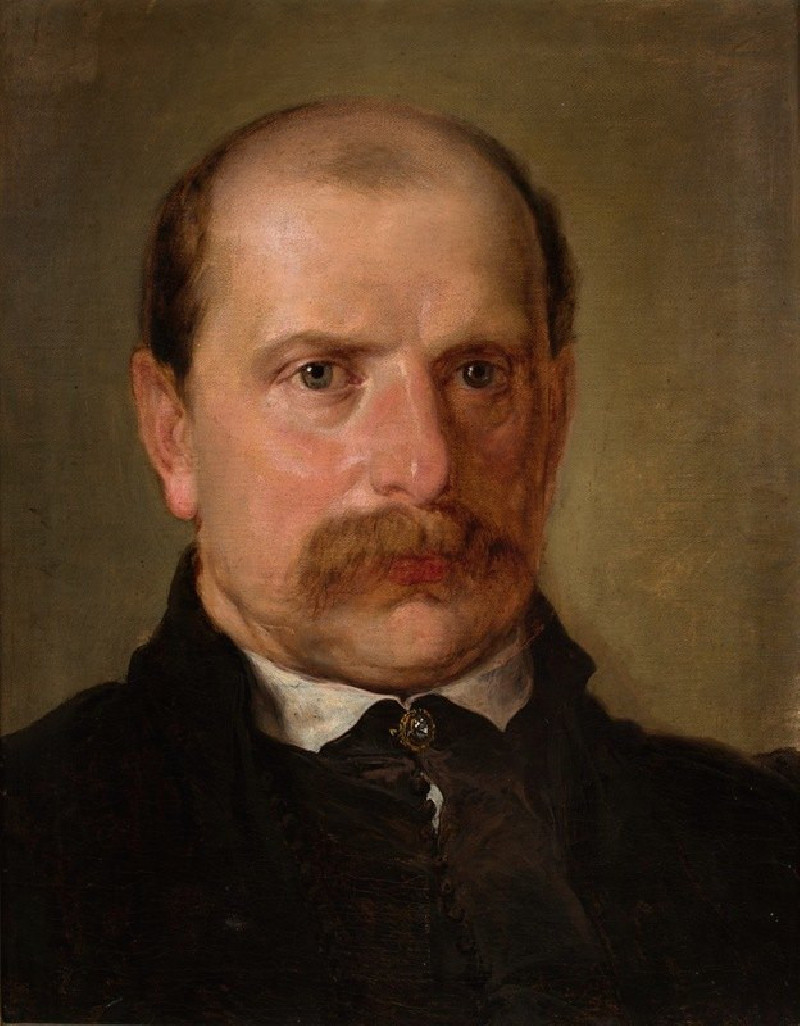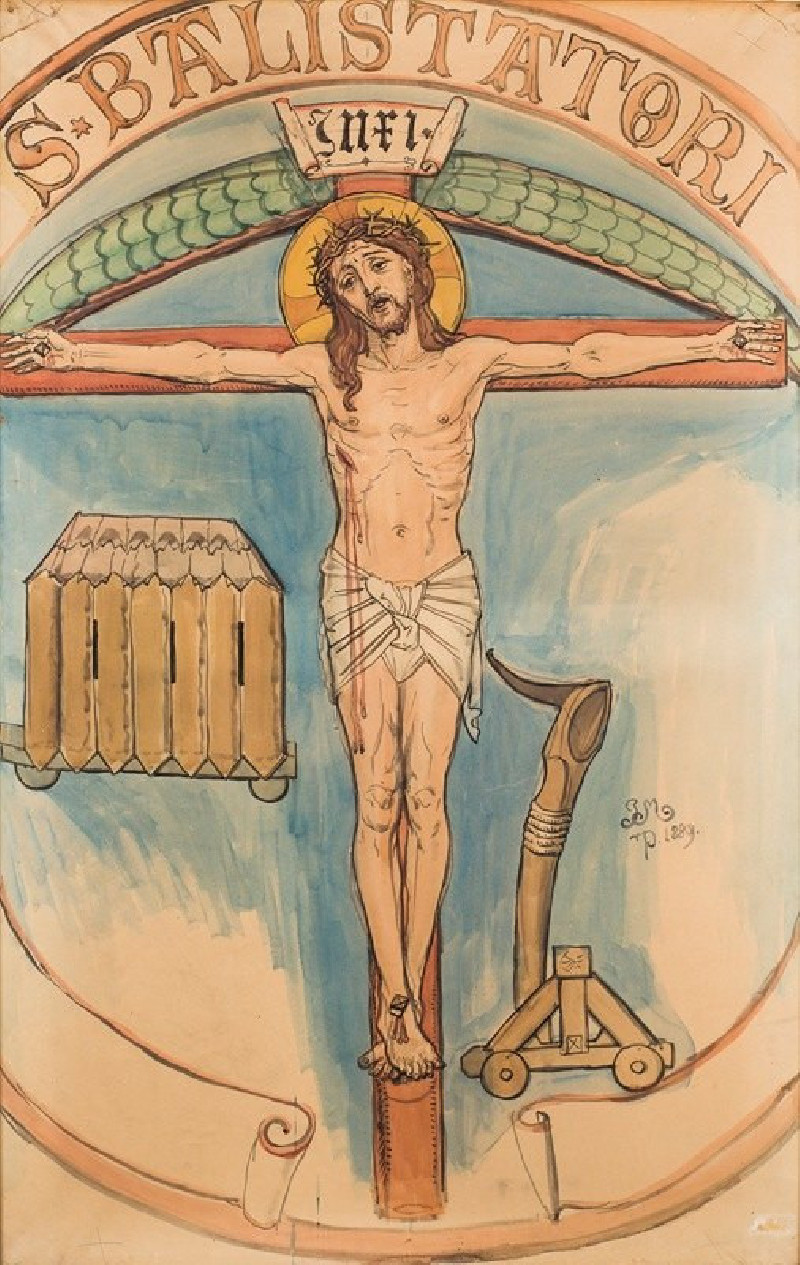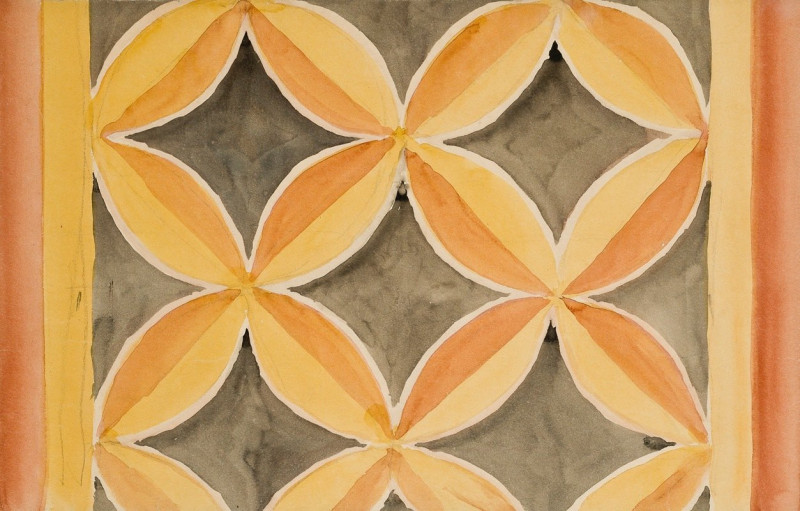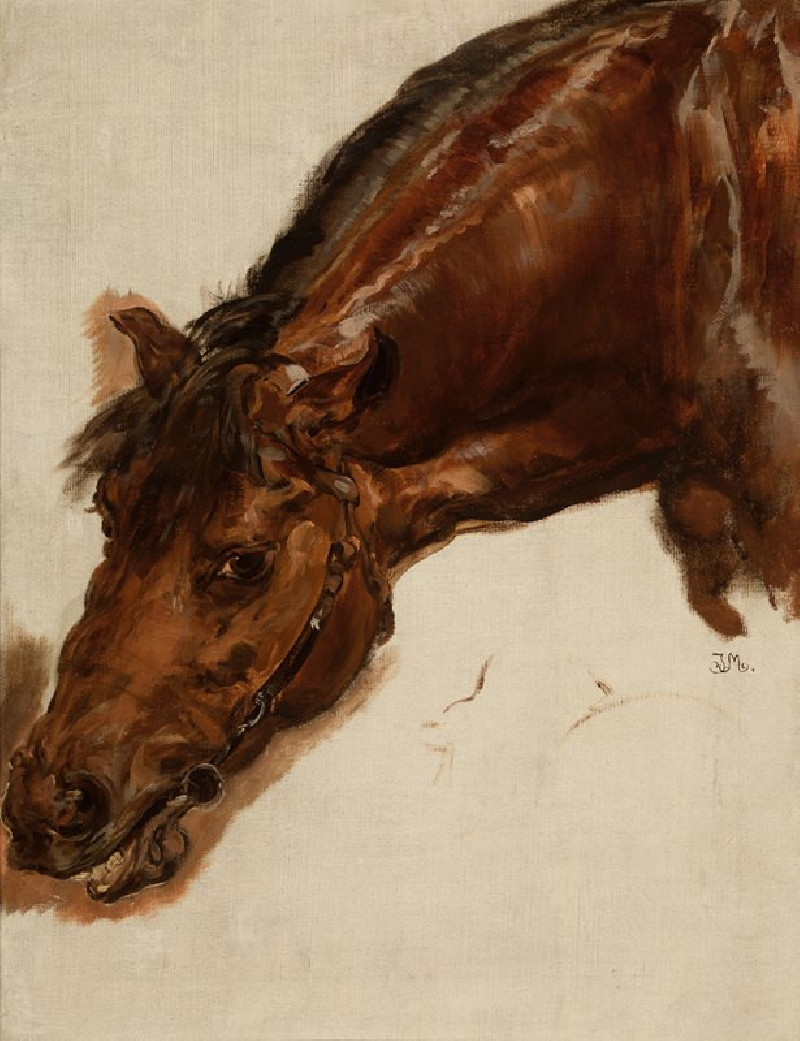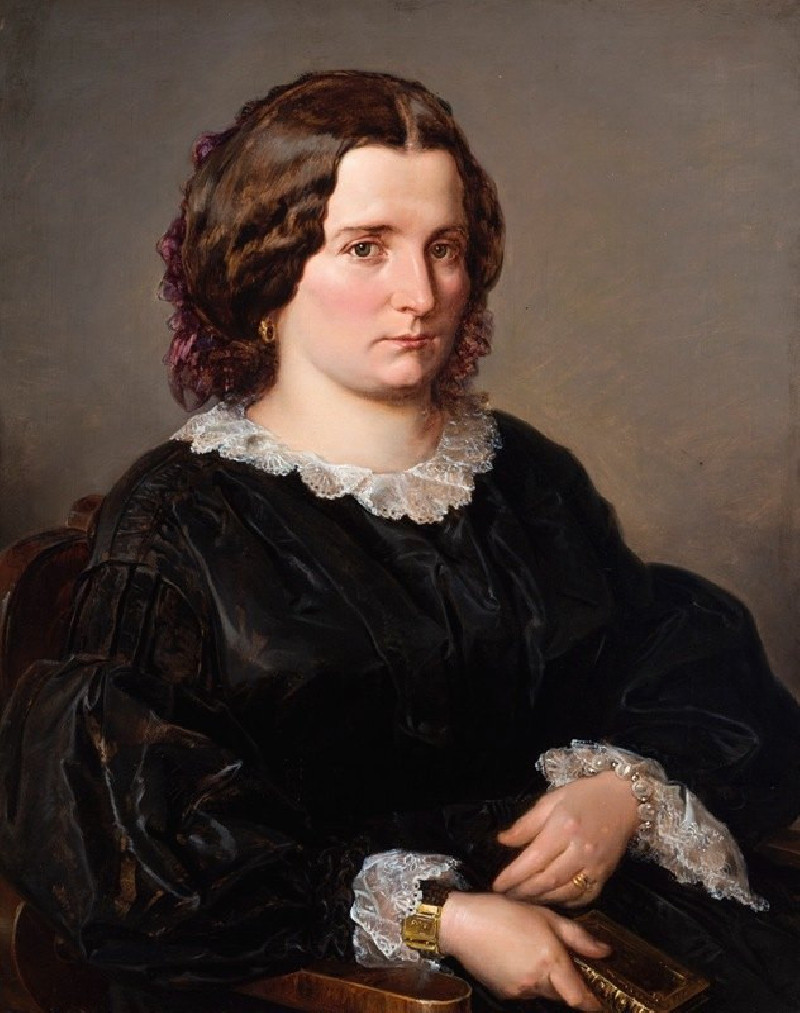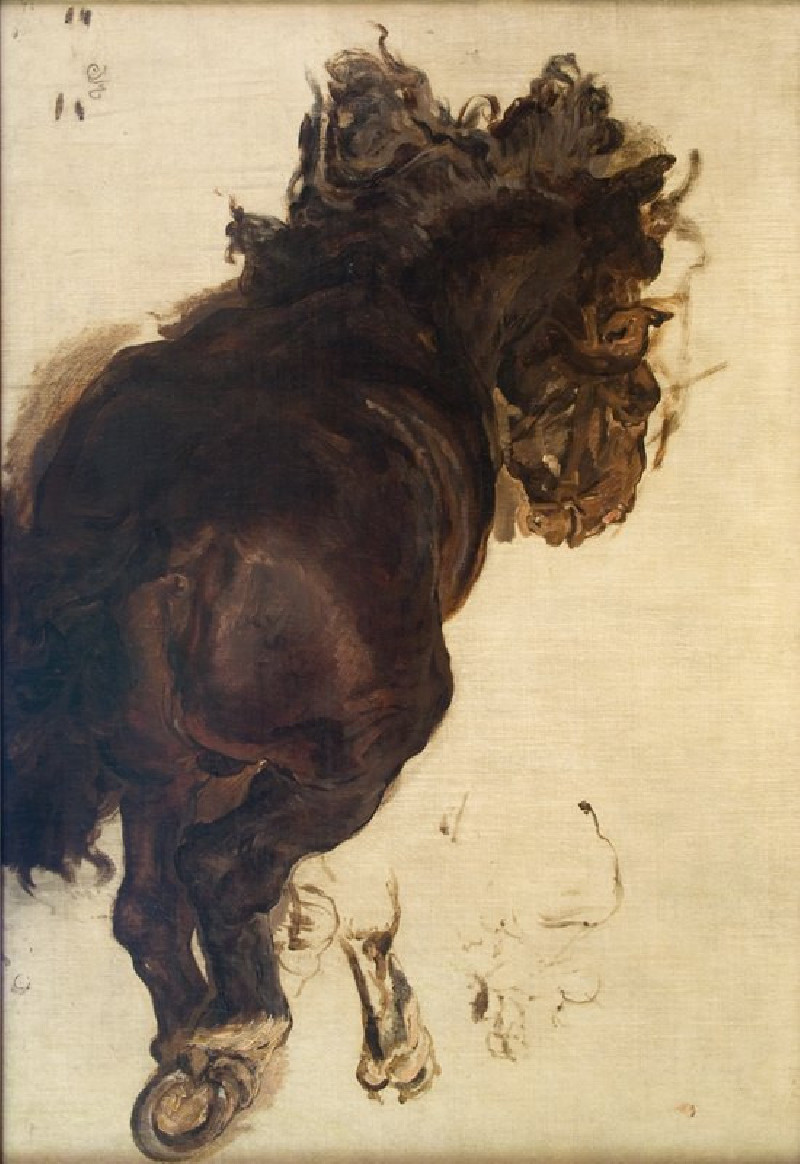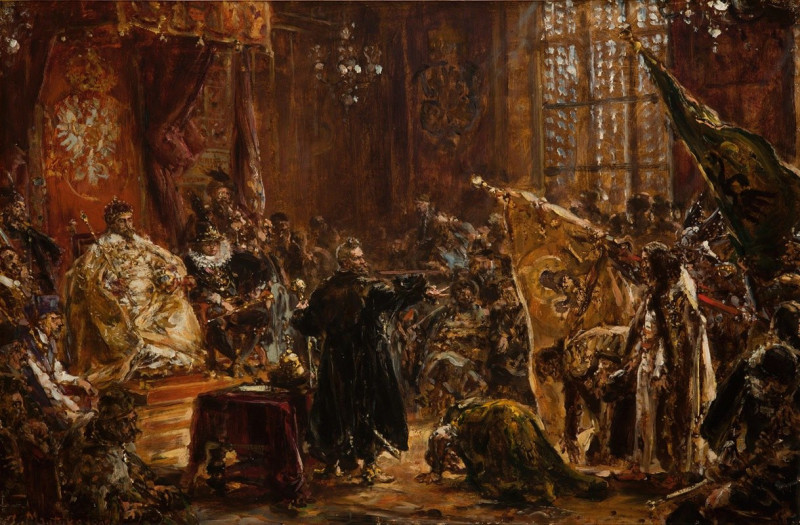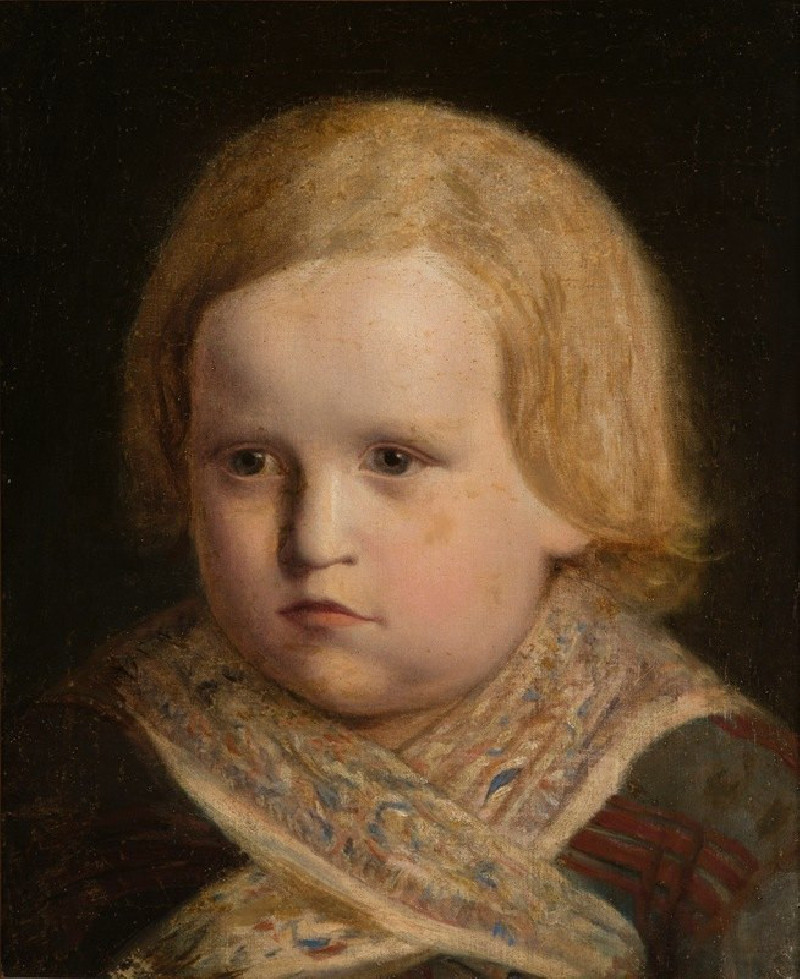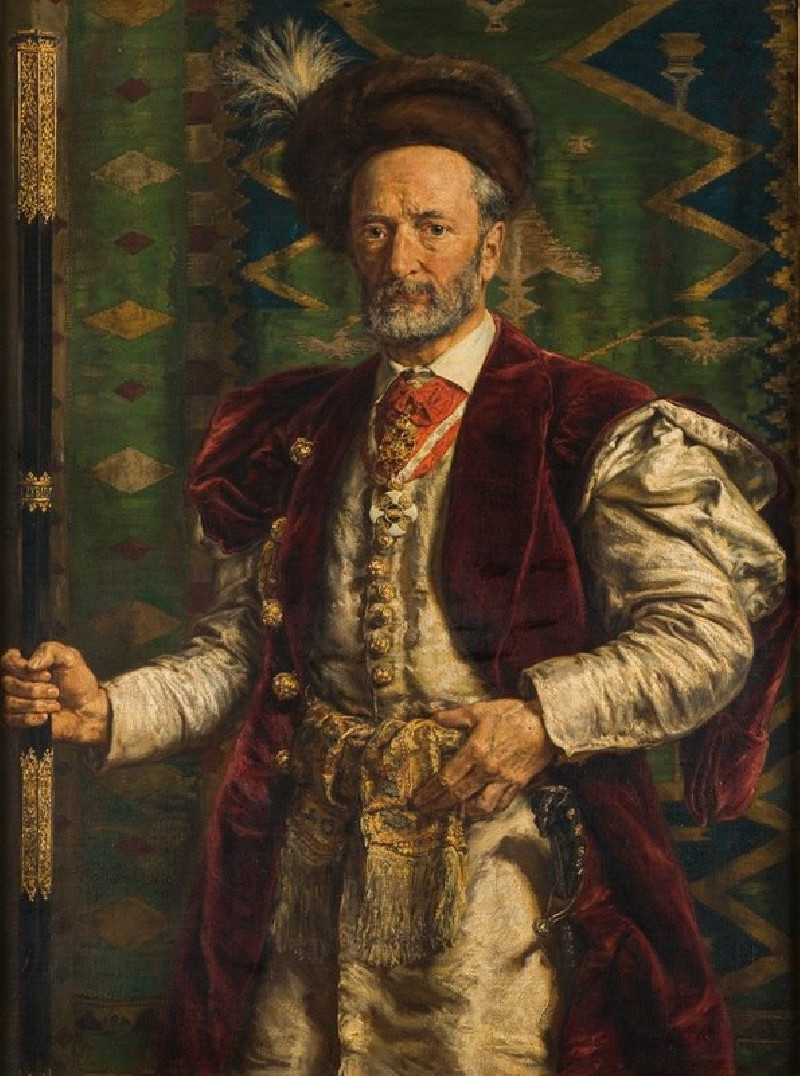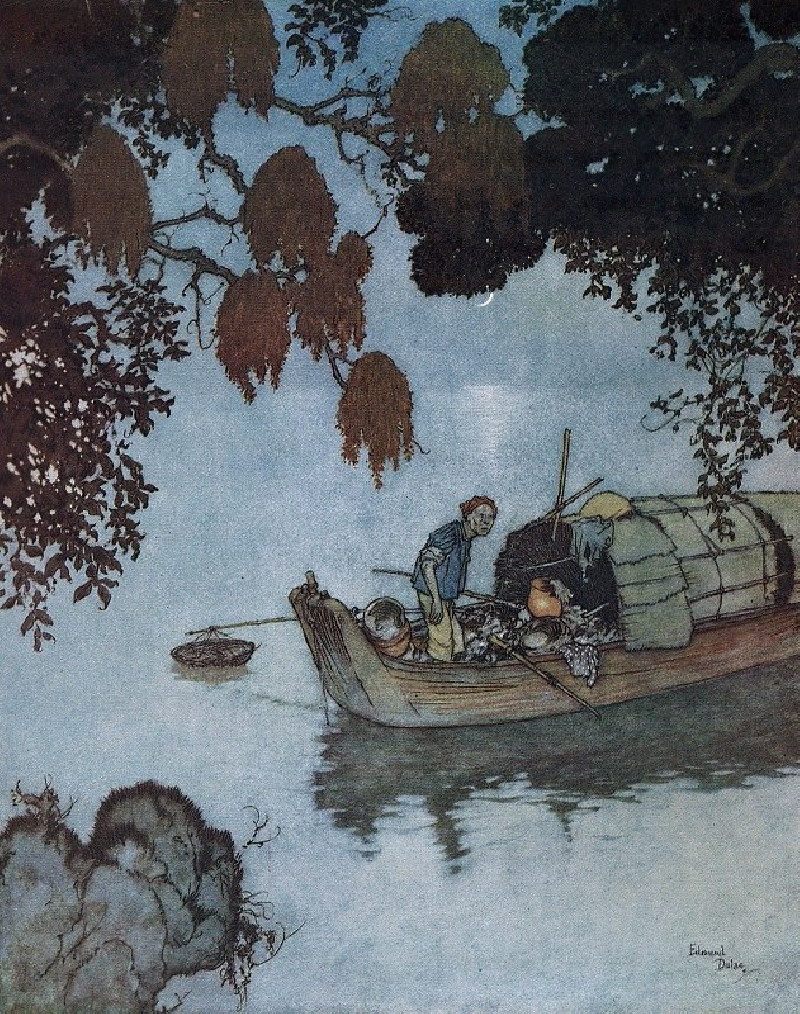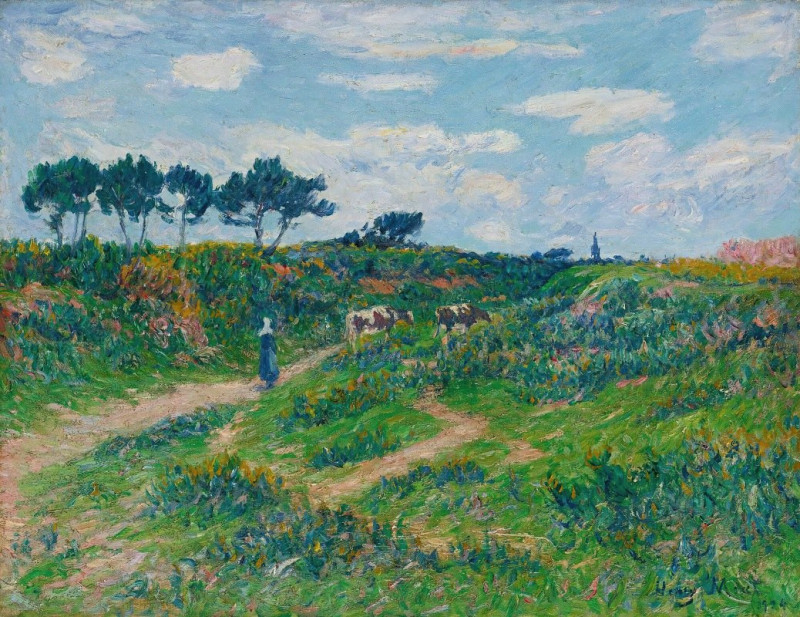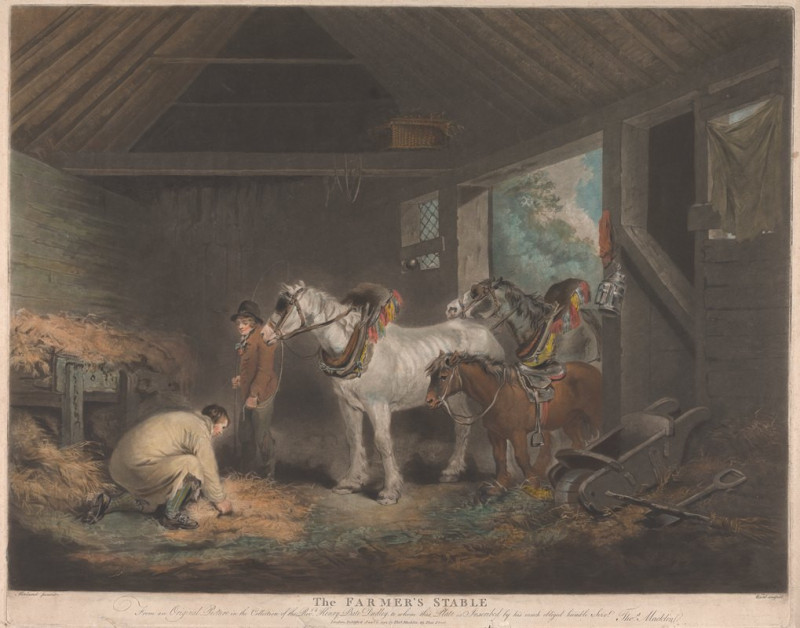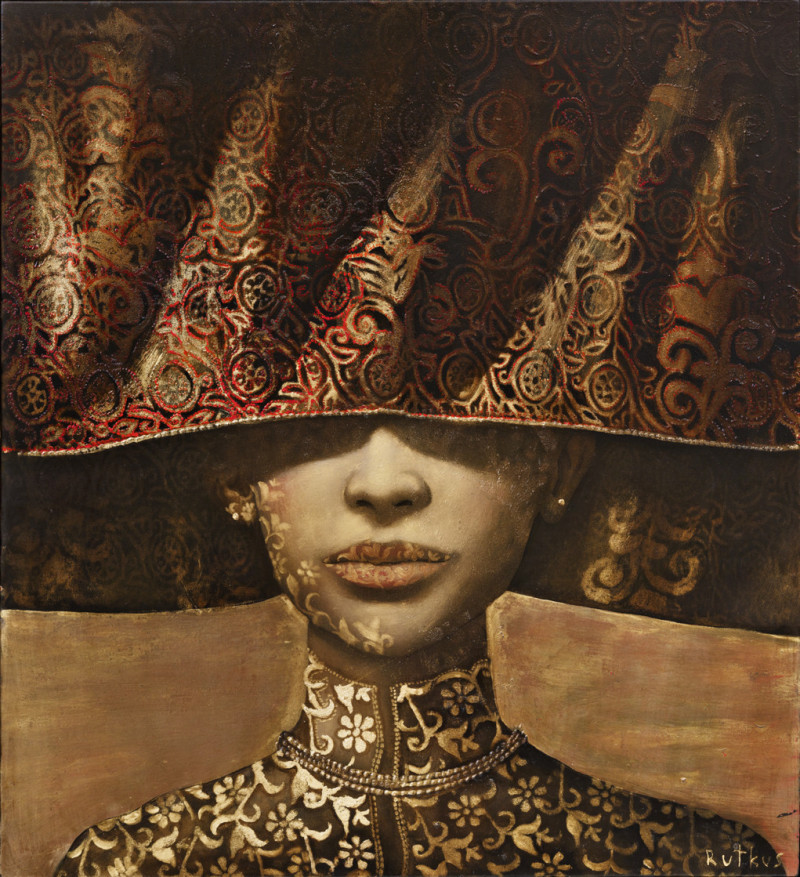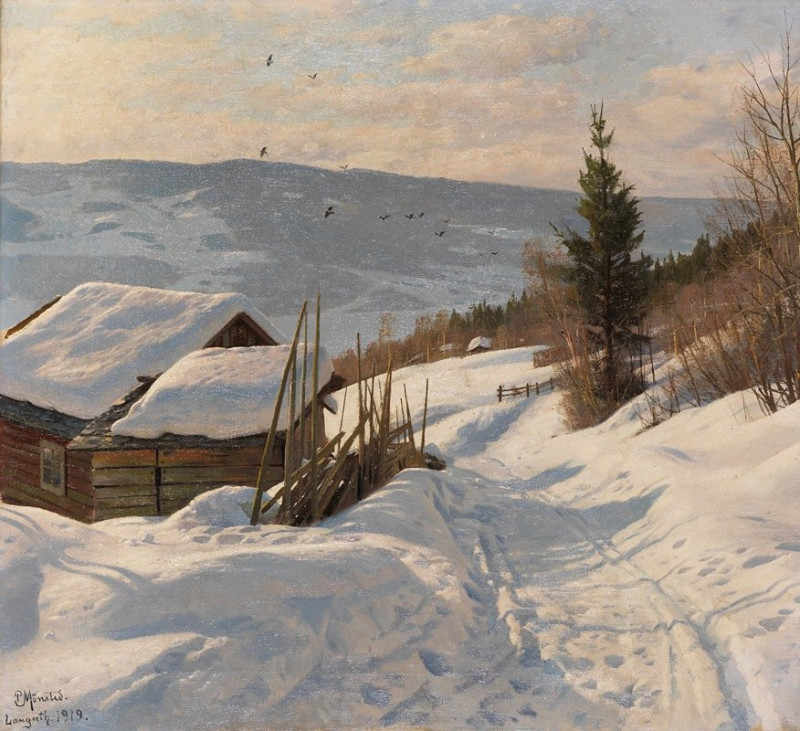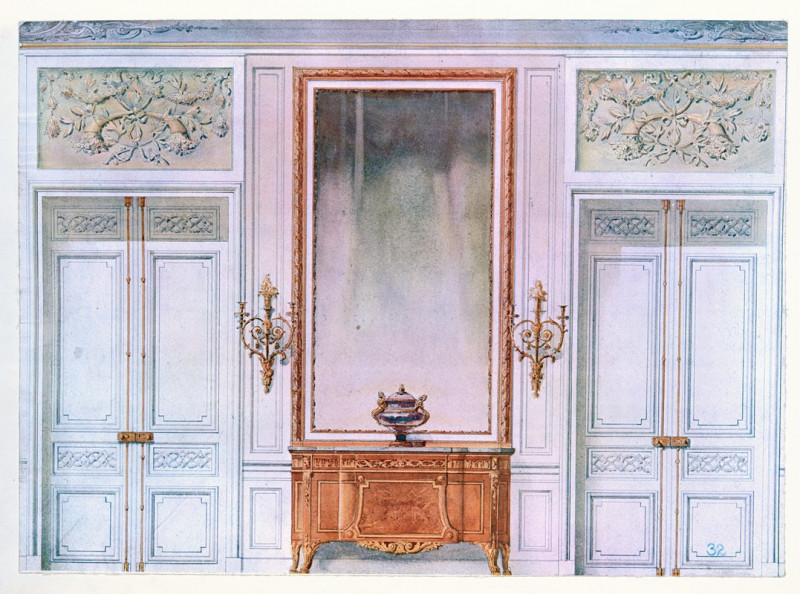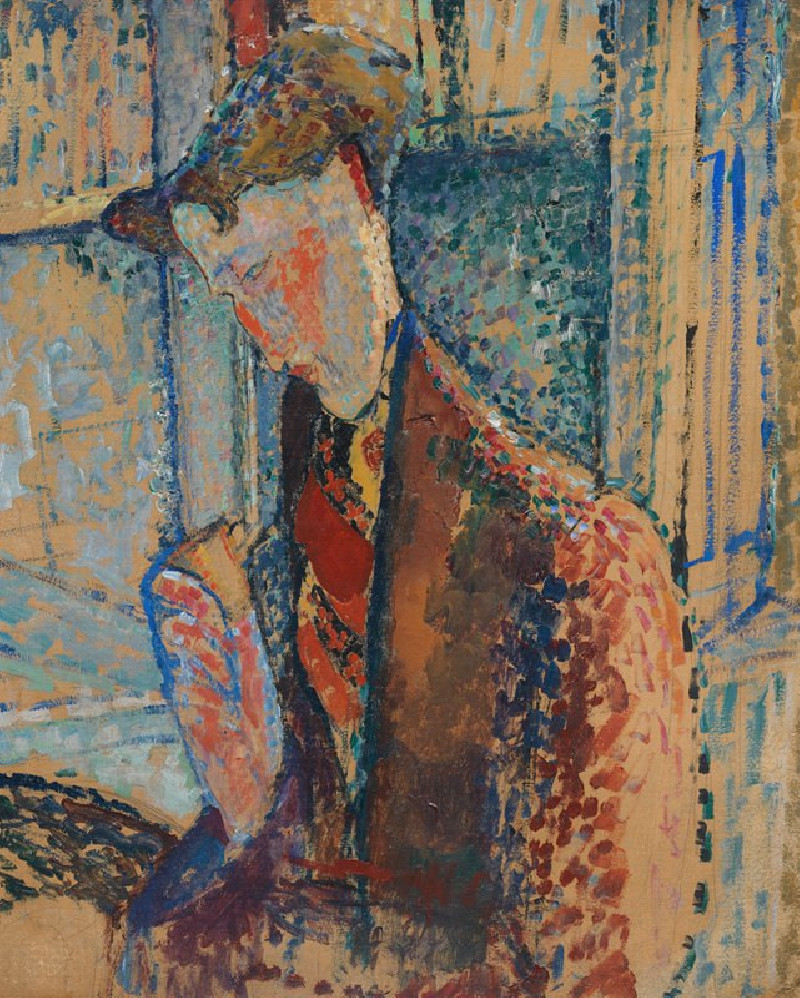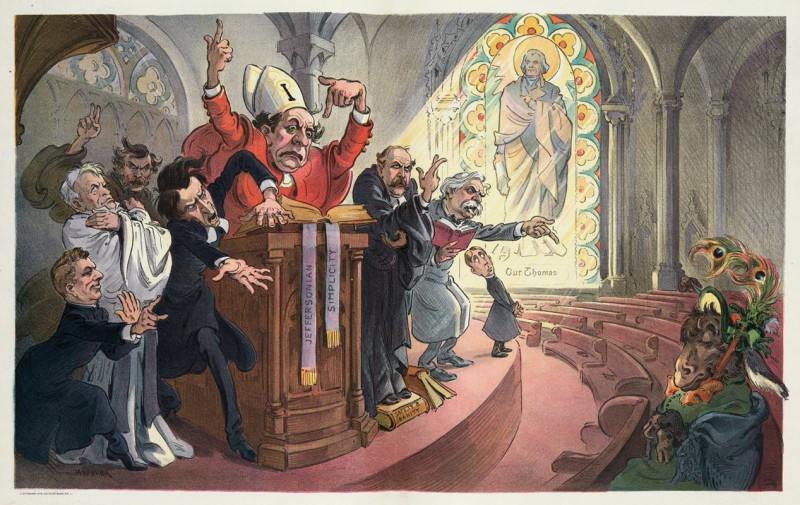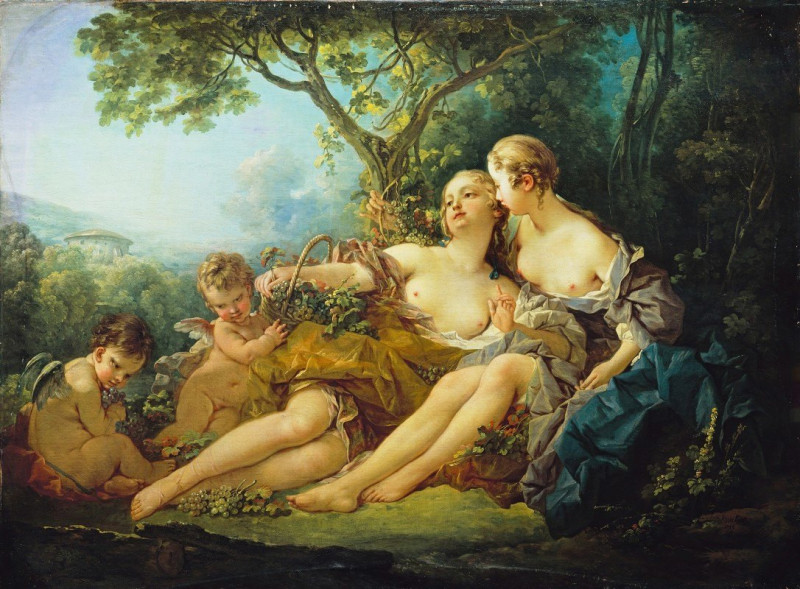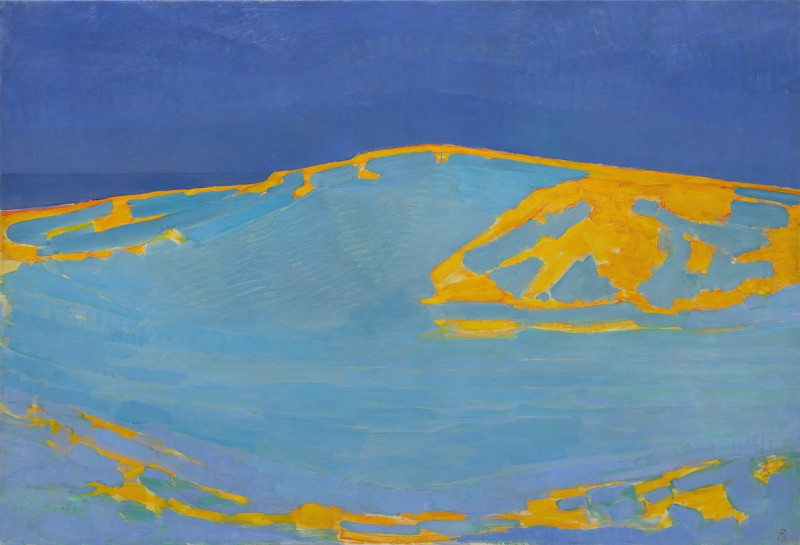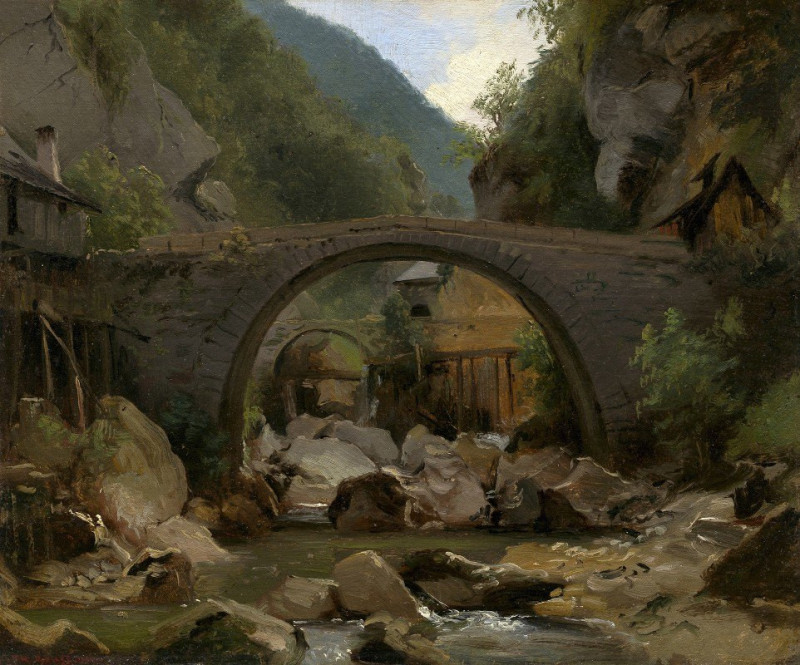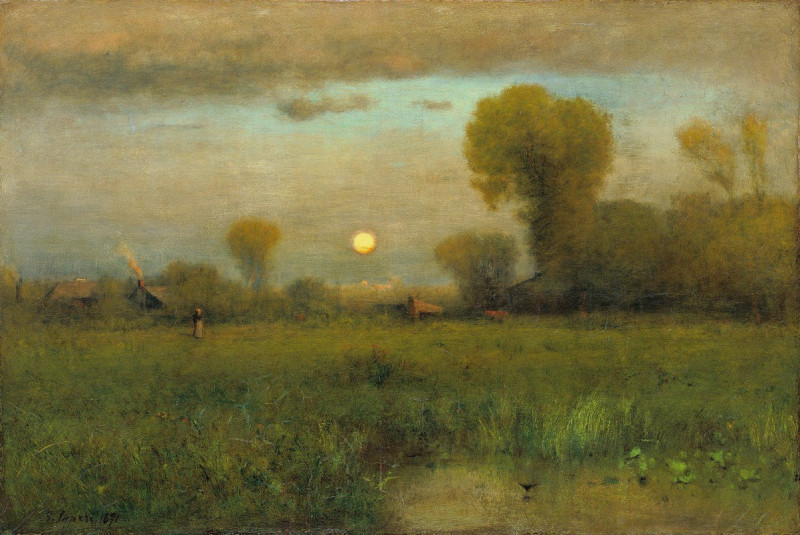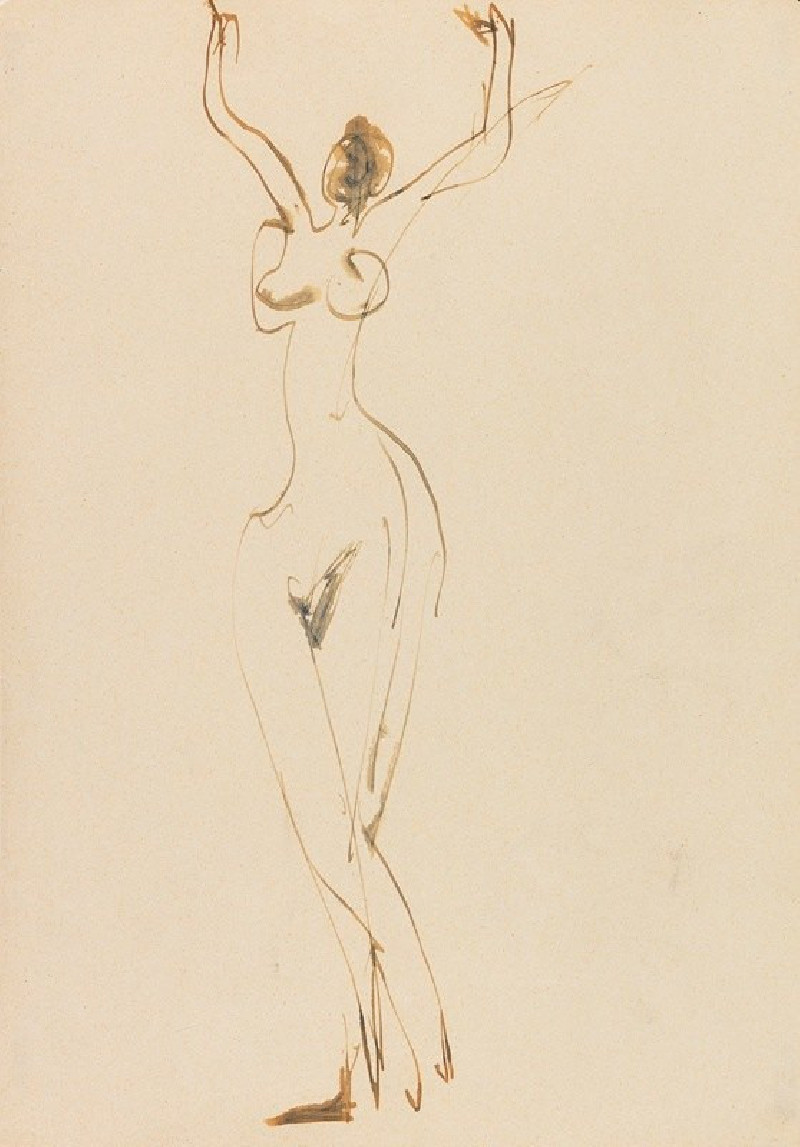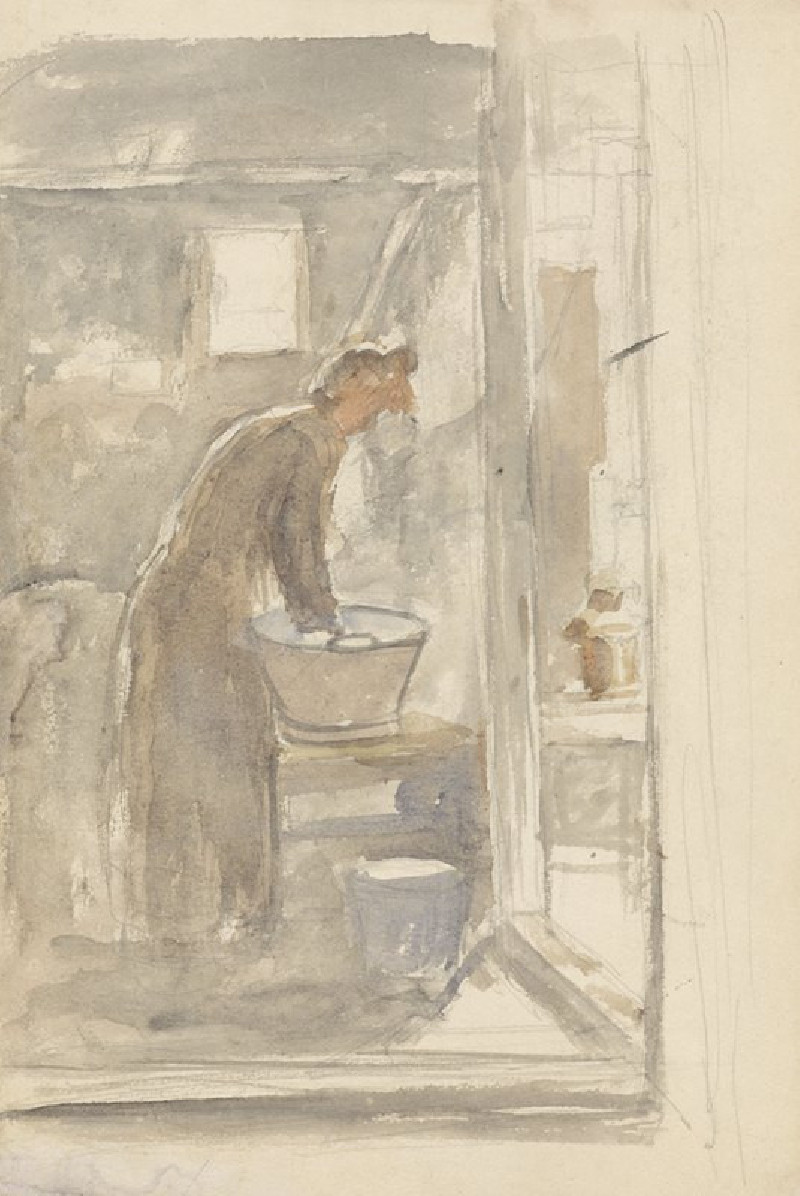Polonia 1863 (Poland Enchained) (1864)
More about this artwork
Delivery
Reproductions are made to order and take 5 to 7 working days.
We send them out by courier and delivery takes another two working days.
If you need a reproduction sooner, please contact us - we can usually find a solution and produce it a little faster.
If you don't want to pay for postage, you can pick up your paintings at our galleries in Kaunas or Vilnius.
Returns
Yes, reproductions can be returned.
If you have any doubts more than 30 days after the date of purchase, please contact us - we will take the reproduction back for a refund or offer you a replacement!
We accept a maximum of two returns per customer - please note that we make reproductions to order, so please choose responsibly.
We do not refund shipping expenses.
Jan Alojzy Matejko was a Polish painter, a leading 19th-century exponent of history painting, known for depicting nodal events from Polish history. His works include large scale oil paintings such as Rejtan (1866), the Union of Lublin (1869), the Astronomer Copernicus, or Conversations with God (1873), or the Battle of Grunwald (1878). He was the author of numerous portraits, a gallery of Polish monarchs in book form, and murals in St. Mary's Basilica, Kraków. He is considered by many as the most celebrated Polish painter, and sometimes as the "national painter" of Poland.

